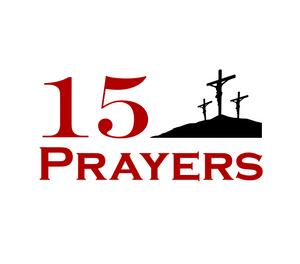
Book V
Of fate, freewill, and God’s prescience, and of the source of the virtues of the ancient Romans.
Chapter 1
That the cause of the Roman empire, and of all kingdoms, is neither fortuitous nor consists in
the position of the stars.Chapter 2
On the difference in the health of twins.
Chapter 3
Concerning the arguments which Nigidius the mathematician drew from the potter’s wheel, in
the question about the birth of twins.Chapter 4
Concerning the twins Esau and Jacob, who were very unlike each other both in their character
and actions.Chapter 5
In what manner the mathematicians are convicted of professing a vain science.
Chapter 6
Concerning twins of different sexes.
Chapter 7
Concerning the choosing of a day for marriage, or for planting, or sowing.
Chapter 8
Concerning those who call by the name of fate, not the position of the stars, but the
connection of causes which depends on the will of God.Chapter 9
Concerning the foreknowledge of God and the free will of man, in opposition to the definition
of Cicero.Chapter 10
Whether our wills are ruled by necessity.
Chapter 11
Concerning the universal providence of God in the laws of which all things are
comprehended.Chapter 12
By what virtues the ancient Romans merited that the true God, although they did not
worship Him, should enlarge their empire.Chapter 13
Concerning the love of praise, which, though it is a vice, is reckoned a virtue, because by it
greater vice is restrained.Chapter 14
Concerning the eradication of the love of human praise, because all the glory of the righteous
is in God.Chapter 15
Concerning the temporal reward which God granted to the virtues of the Romans.
Chapter 16
Concerning the reward of the holy citizens of the celestial city, to whom the example of the
virtues of the Roman are useful.Chapter 17
To what profit the Romans carried on wars, and how much they contributed to the well-
being of those whom they conquered.Chapter 18
How far Christians ought to be from boasting, if they have done anything for the love of the
eternal country, when the Romans did such great things for human glory and a terrestrial city.Chapter 19
Concerning the difference between true glory and the desire of domination.
Chapter 20
That it is as shameful for the virtues to serve human glory as bodily pleasure.
Chapter 21
That the Roman dominion was granted by Him from whom is all power, and by whose
providence all things are ruled.Chapter 22
The durations and issues of war depend on the will of God.
Chapter 23
Concerning the war in which Radagaisus, king of the Goths, a worshipper of demons, was
conquered in one day, with all his mighty forces.Chapter 24
What was the happiness of the Christian emperors, and how far it was true happiness.
Chapter 25
Concerning the prosperity which God granted to the Christian emperor Constantine.
Chapter 26
On the faith and piety of Theodosius Augustus.

